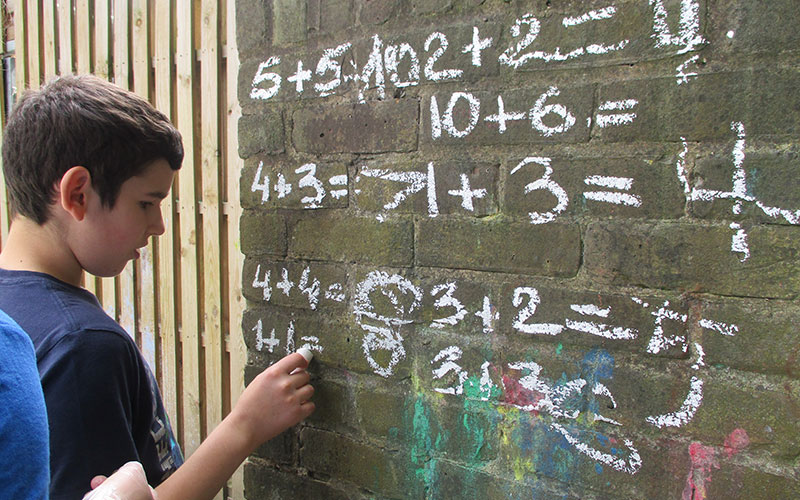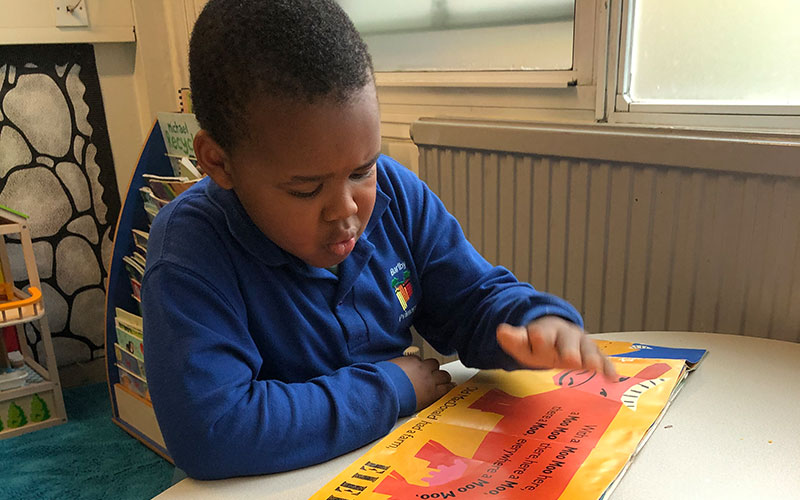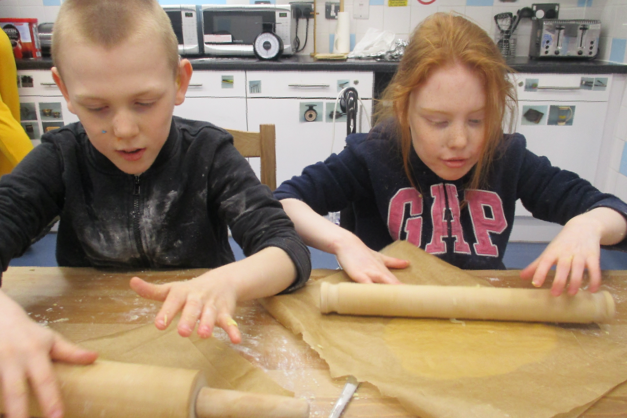Between the ages of 2-5 years, children typically experience a large increase in the number of words they both use and understand. By 5 years old they may well be able to use more than 2000 words. A child’s vocabulary often consists of mainly object words to begin with e.g. ‘milk’, ‘ball’ and then expands to include different types of words e.g. actions. Children begin to connect 2 words together often around 2 years old, and use their growing vocabulary to make phrases such as ‘more milk’ or ‘daddy car’ progressing to short sentences like ‘mama go home’. At first, you may also notice your child has some frustration as they start to know what they want to express, but can’t quite do it fully and clearly. Children will begin to use past and future tense between 3-4 years, and it is typical for them to make errors with irregular verbs such as ‘runned’ for ‘run’. Children can start to enjoy having conversations, and telling you what has happened during their day. As their language skills develop, the way they tell stories, have conversations, and ask and answer questions becomes more mature with longer, better-formed sentences.
Children’s understanding also expands a great deal between 2-5 years. They start by understanding concepts such as in/on/under, and simple questions that start with ‘who’ ‘what’ ‘where’. ‘Why’ and ‘how’ questions will be harder to understand and typically develop from around 4 years onwards. By 5 years, children can often understand and follow a sequence of events e.g. first we are going to the shop, next we will go to the park, and after that we are having lunch’.
A child’s attention skills continue to develop though the stages and mean they can more easily listen and focus on what adults are saying. Around 2-3 years of age, children will still be easily distracted and need prompts such as calling their name to gain their attention. Between 3-4 years they will start to enjoy listening to stories more but still find it hard to shift their attention from one thing to another until more flexible attention starts to develop and they are able to listen and understand an instruction without stopping what they are doing.
Play skills are another area that will develop starting with early pretend play (e.g. feeding a doll), enjoying joining other children, then developing more complex imaginative play.






